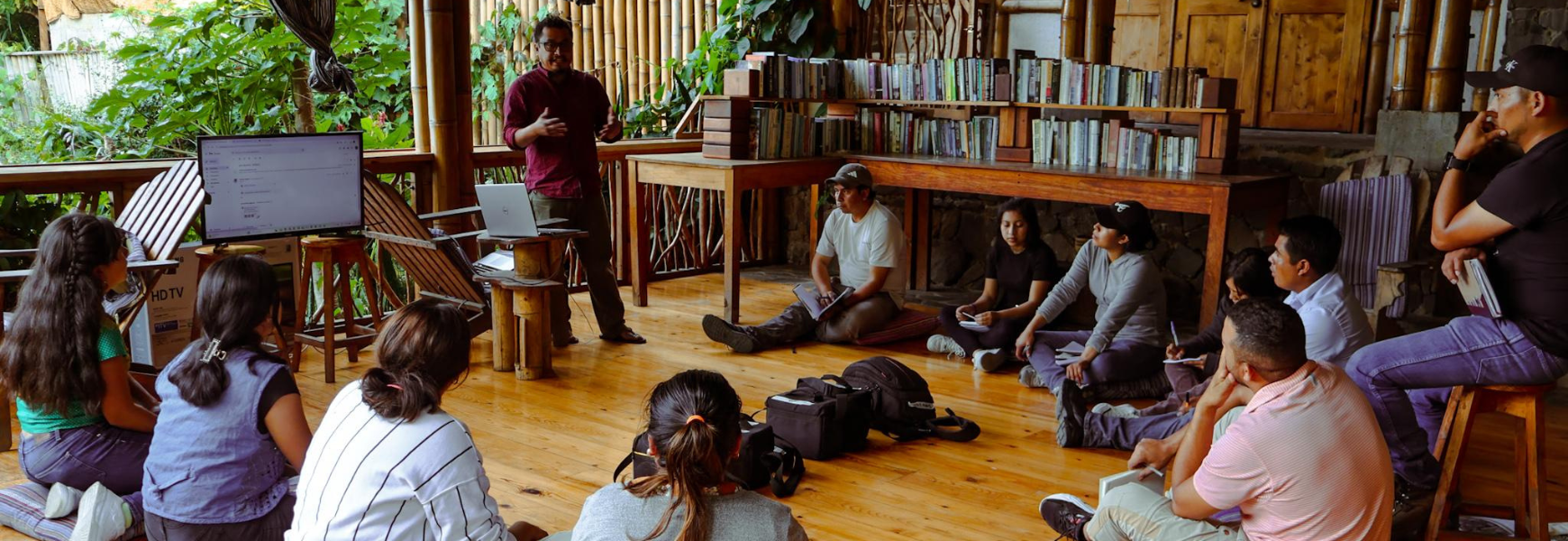Youth Storytellers of Latin America & the Caribbean Gather for Their First In-Person Meeting
By Luisa María Castaño Hernández, Latin America and the Caribbean Communications Coordinator
This article was originally published in Spanish. Read it here.
Eleven young people, leaders and representatives from Groundswell International’s partner organizations across Latin America and the Caribbean recently gathered on the shores of Lake Atitlán, Guatemala, to participate in the first in-person regional meeting of the Youth Storytellers program. The goal: to build a solid network among diverse youth, learn how others are developing the program in their regions, gain new skills and explore different approaches in areas such as photography, video, and creative writing to tell the stories of their territories and communities from the themes that unite them: land, food, water, ecosystem conservation, territorial governance, the role of women and youth, and climate change.
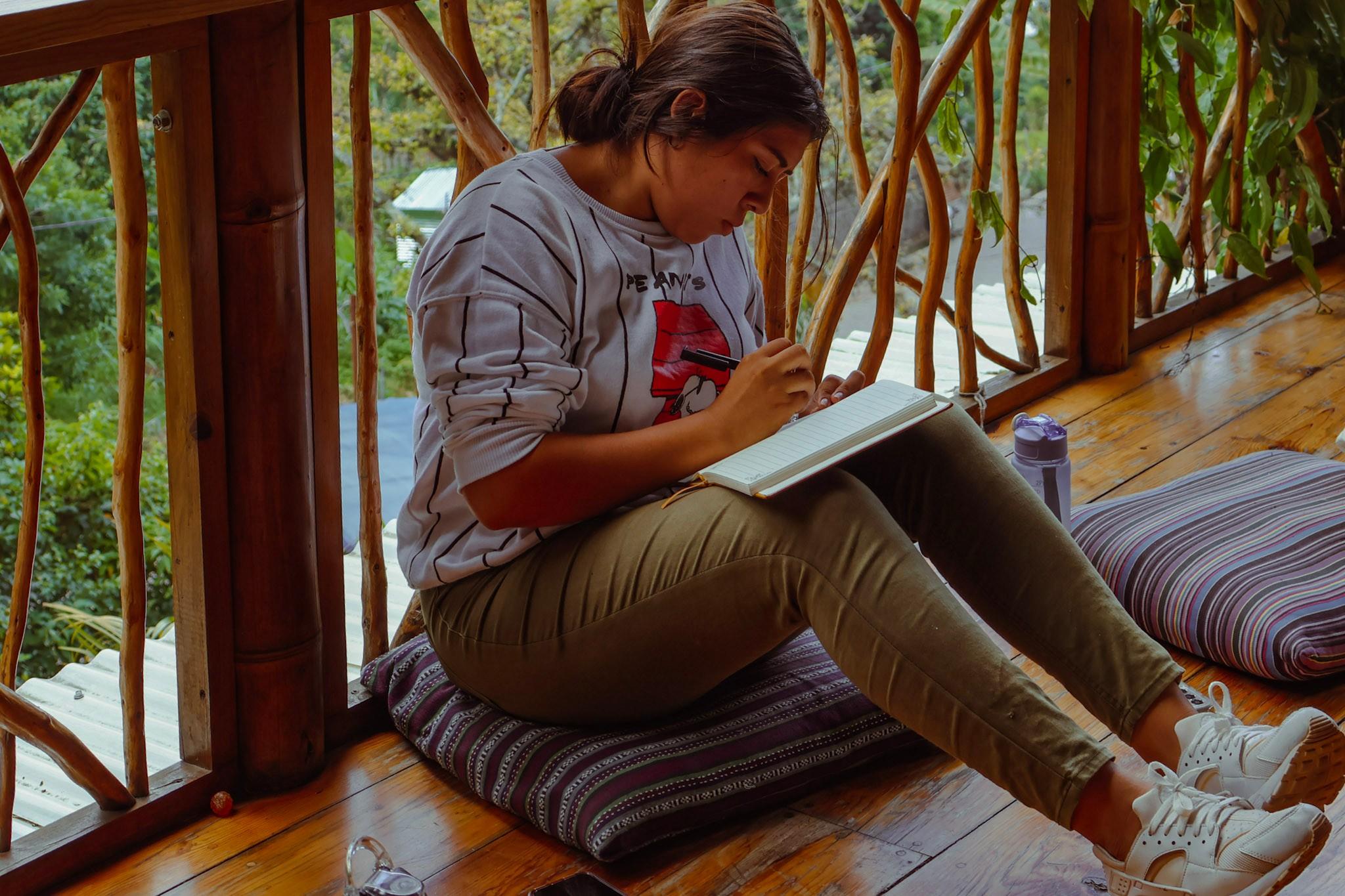
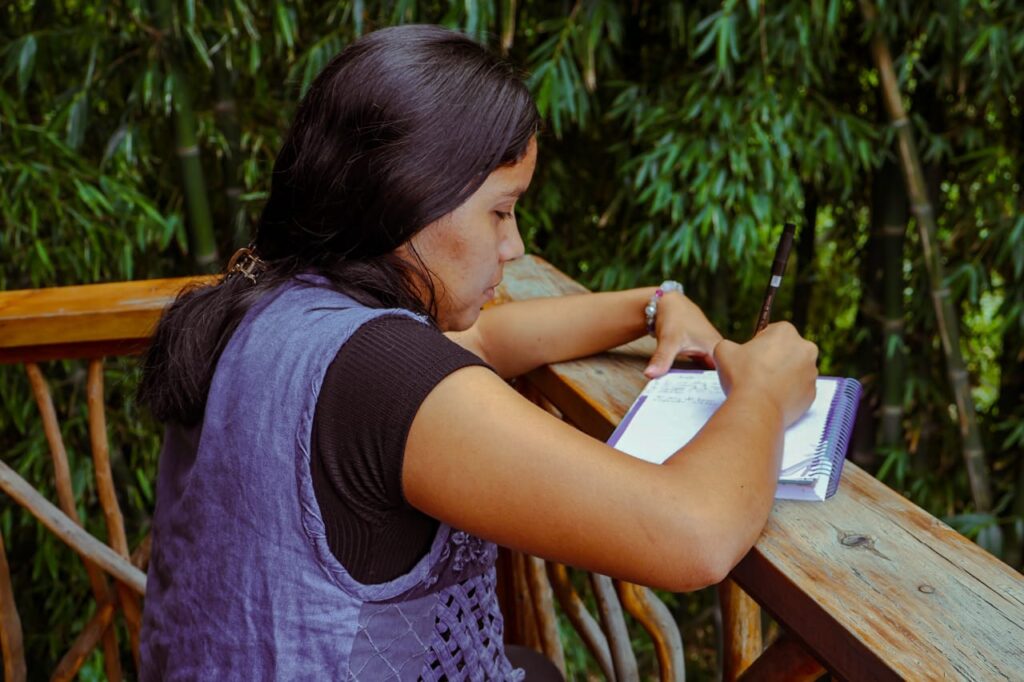
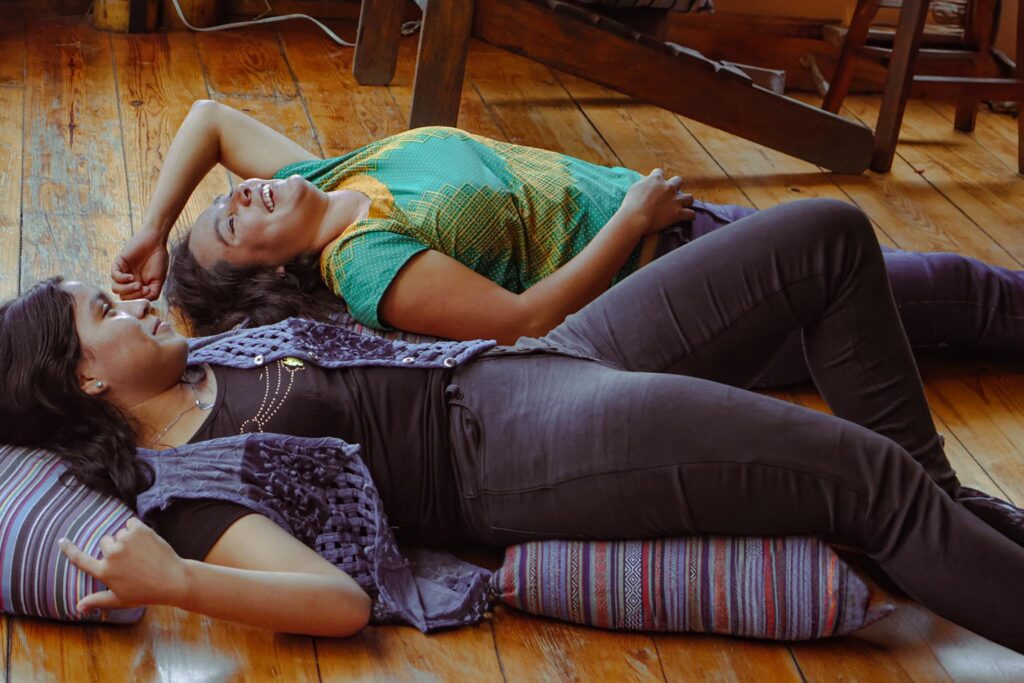
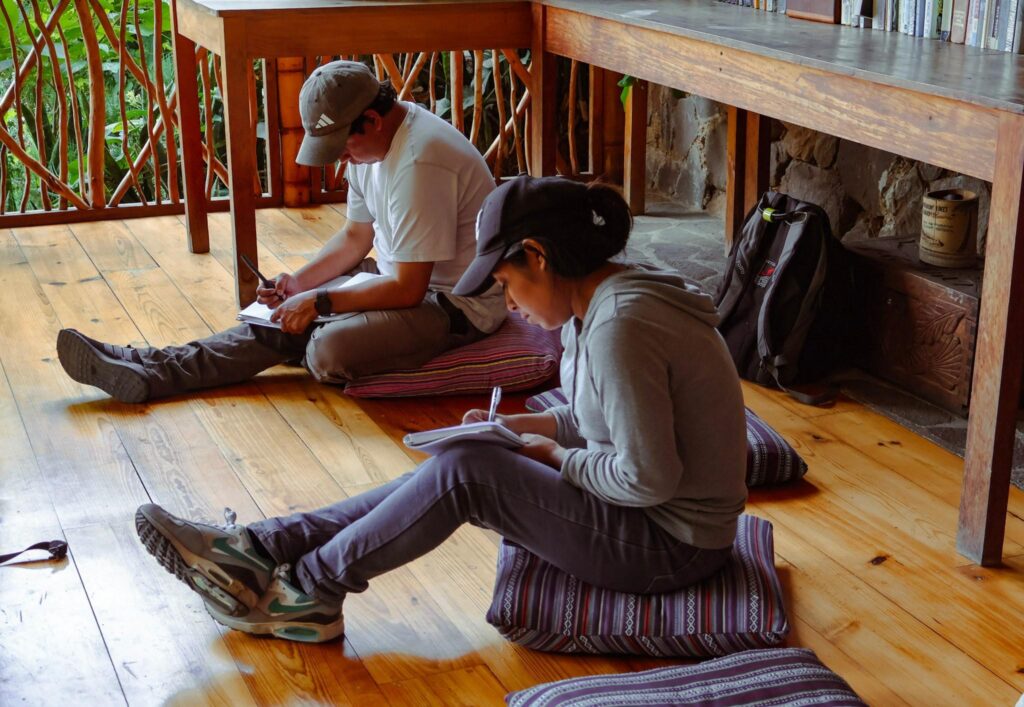
For a week, the meeting included activities to strengthen community bonds among the youth and build confidence in their own voices—voices that carry new perspectives into broader spaces. Through narrative exercises using words and images, they explored ways to spark creativity and generate ideas. They also practiced active observation of documentary works, training their eyes and refining their aesthetic sensibilities for future audiovisual projects. All of this was grounded in hands-on sessions where they experimented with photography and video, refining the ways of seeing and capturing the world.
To make this possible, the group was accompanied by Ismael Vásquez Bernabé, filmmaker, cameraman, and National Geographic Explorer, who belongs to an Indigenous community in Mexico and has devoted his professional life to telling the story of his territory. Ismael has been developing a meaningful and profound personal project based on language and form to preserve his culture, his language, and the heritage that surrounds him, and audiovisual media has been his practical tool for doing so.
Together with the Groundswell International communications team, and drawing on his deep experience, Ismael designed, accompanied, taught, and advised the creation of short films from scratch, so that workshop participants could experience the pre-production, production, and post-production of a piece and all that this entails (building an idea, assigning roles according to abilities and preferences, delegating and fulfilling responsibilities, collaboration between teams, and celebrating results).
Lesli Liliana Juárez Alvarado, one of the participants, shared that this space taught her new creative ways to make videos and helped her realize that “even though we come from different countries and communities, we share the same dream: to show what’s happening in our territories and strengthen agroecology.”
She also mentioned that she firmly believes that more young people should join this process, since communication and agroecology are not just technical issues, but ways to care for our native seeds, strengthen our knowledge, and preserve our memory. “Having more young people join means that this knowledge does not remain with a few, but is multiplied, shared, and transmitted, as teachings have always been transmitted in our communities,” Lesli says.
“Even though we come from different countries and communities, we share the same dream: to show what is happening in our territories and strengthen agroecology.”
Lesli Liliana Juárez Alvarado, Guatemala
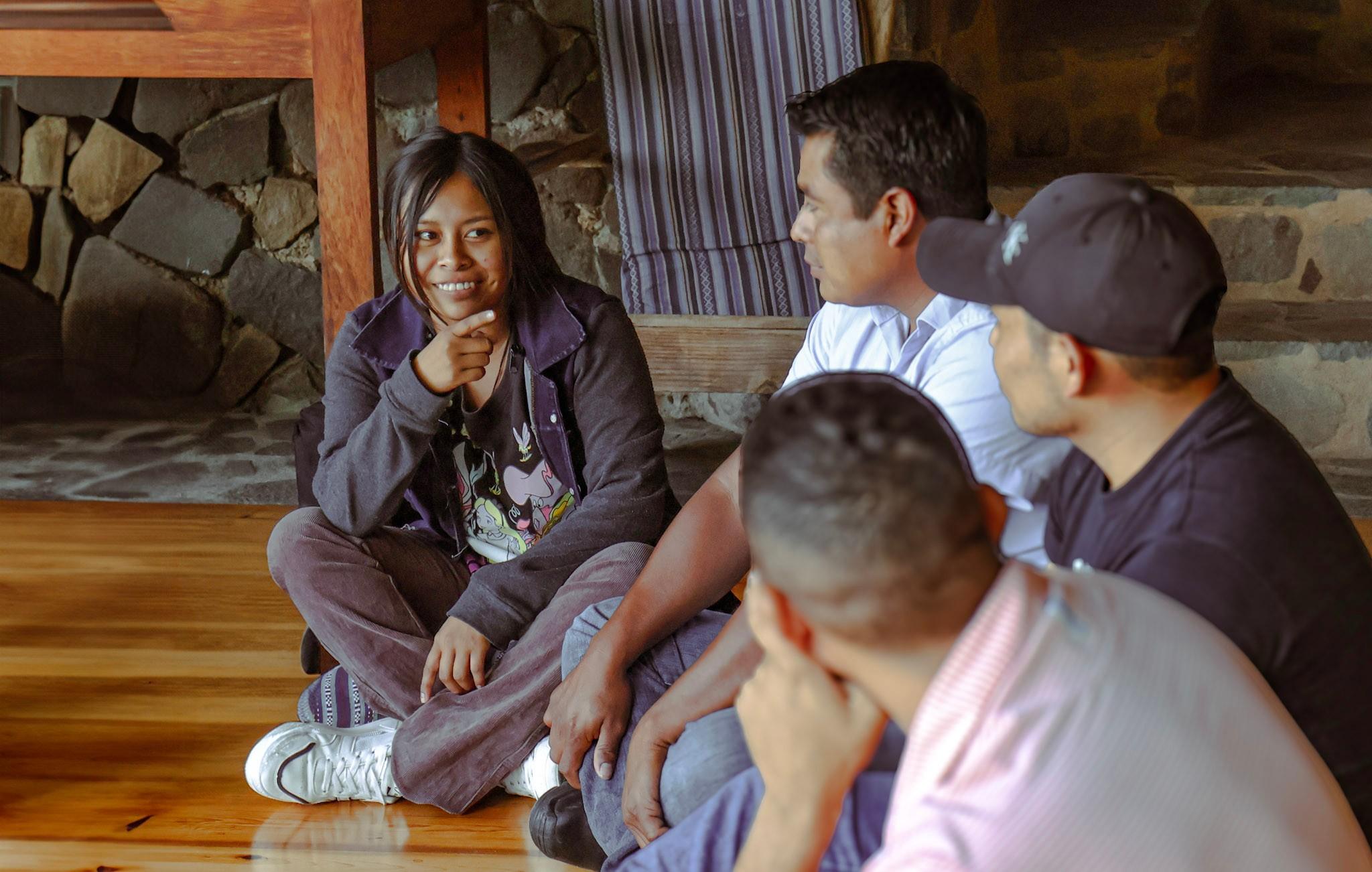
This whole experience unfolded alongside the discovery of a completely new place for all participants. For many, it was their first time exploring the region and seeing it through the eyes of a Storyteller—learning to narrate it through reflection, dialogue, research, and practice. It was also an opportunity for them to compare their territories and rediscover themselves through their differences.
This first meeting was an opportunity to reaffirm that there is a community of young people eager to get to meet, share what they are experiencing in their communities, highlight local actions making a difference, and to reinterpret their relationship with the land through dignified languages—where memory endures, and culture is valued and strengthened. As Rebeca Rubí Martínez Sosa, another Young Storyteller from Mexico, put it:
“The fieldwork we do is essential because it connects us to the roots of our communities. Listening to and collecting the words of our grandparents is to recognize a daily struggle to preserve our culture, our languages, and our ways of life. This work is not only research, it is an act of resistance and love for who we are in our communities.”
Rebecca also points out that this is why it is so important for more young people to participate in this program, because when they come together, their voices multiply and grow stronger, creating a society that sees and values the cultural wealth they defend. “I want to continue participating because I believe that our stories are not the past: they are the seed that allows us to resist, affirm our identity, and build a future with more memory and dignity.”
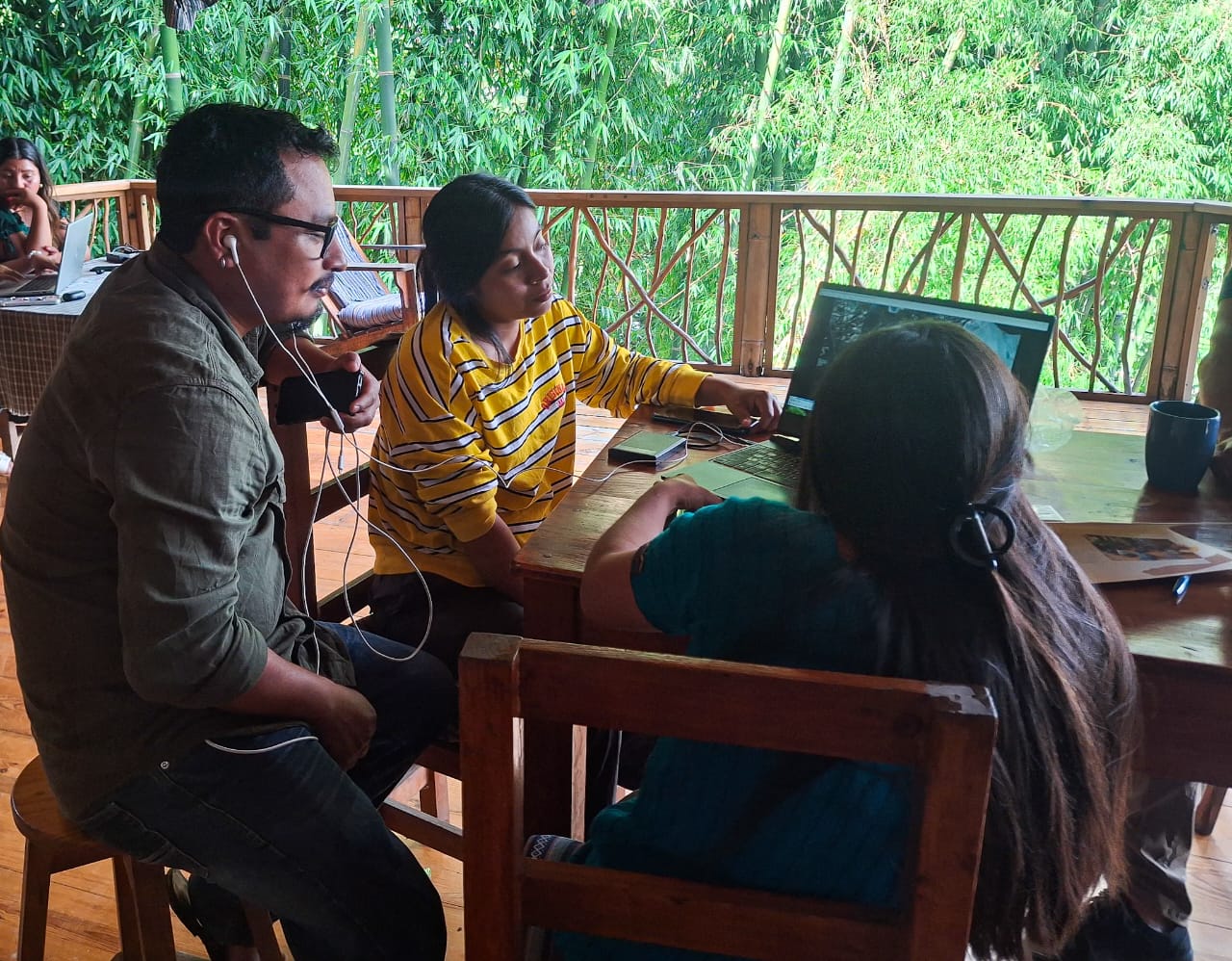
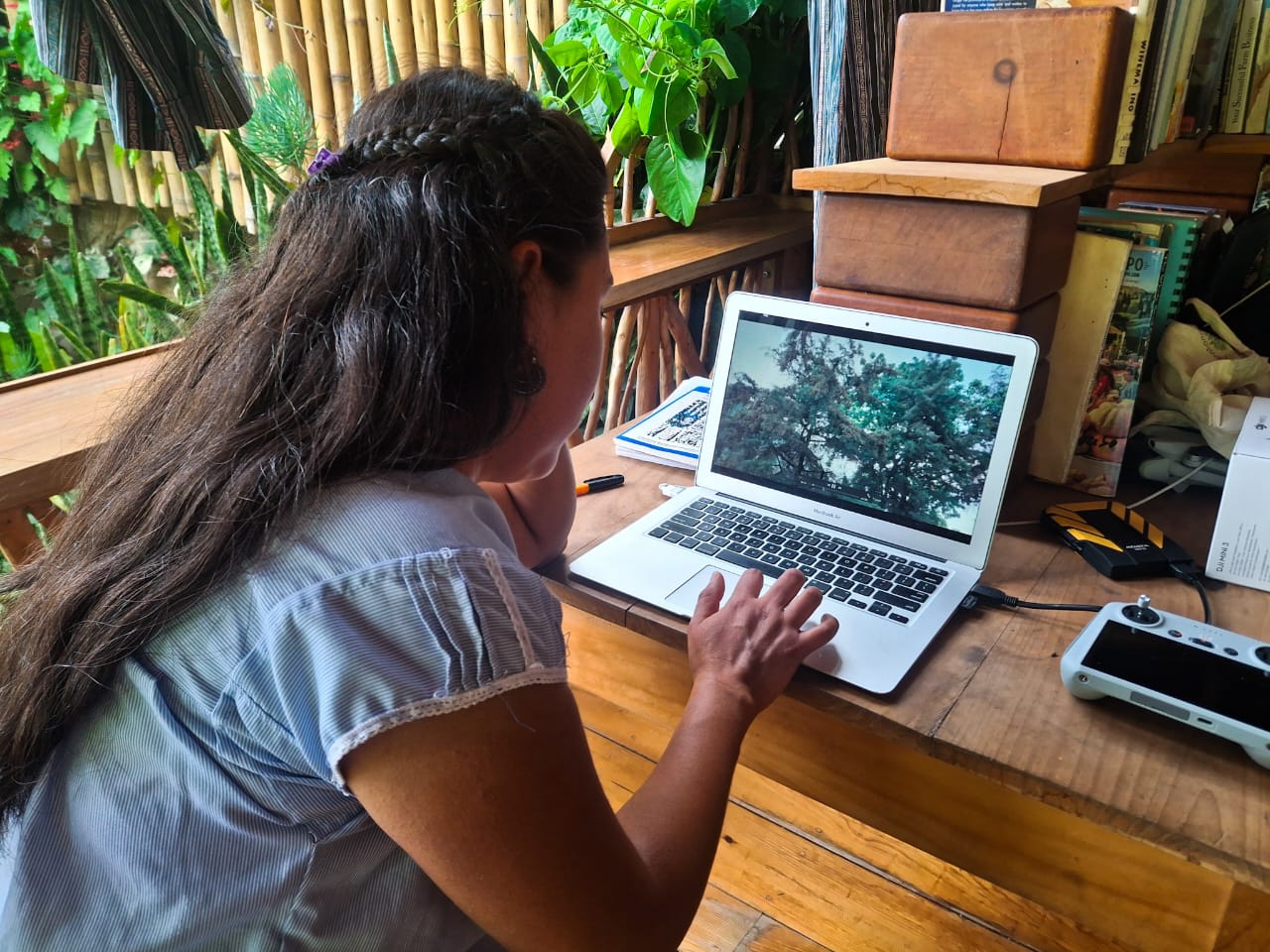
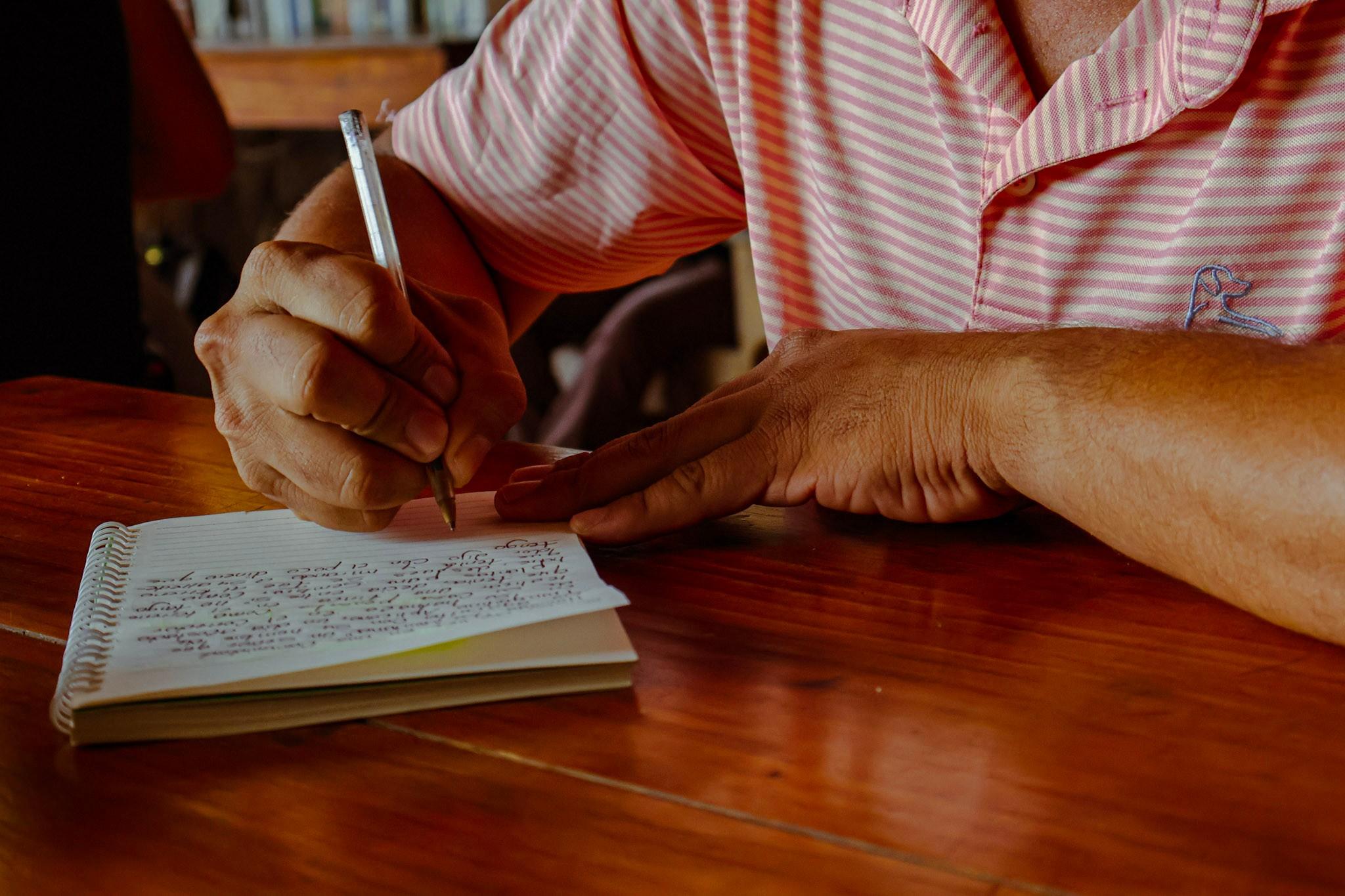
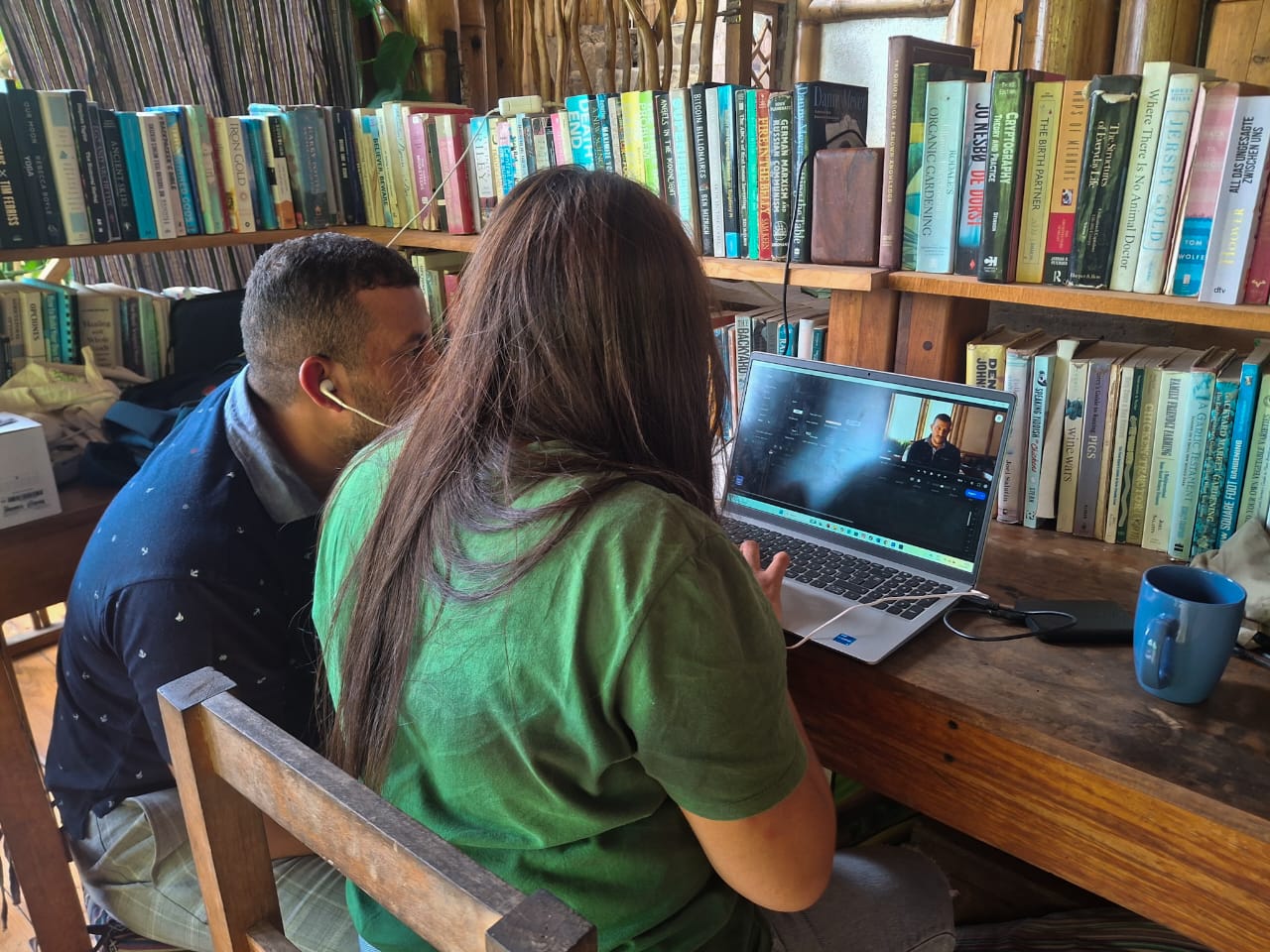
Help more youth participate in the Youth Storytellers Program
Your gift will help expand the program to more smallholder farming communities across the Global South, equipping youth with the tools, training, and confidence to drive the shift toward regenerative, equitable food systems.

